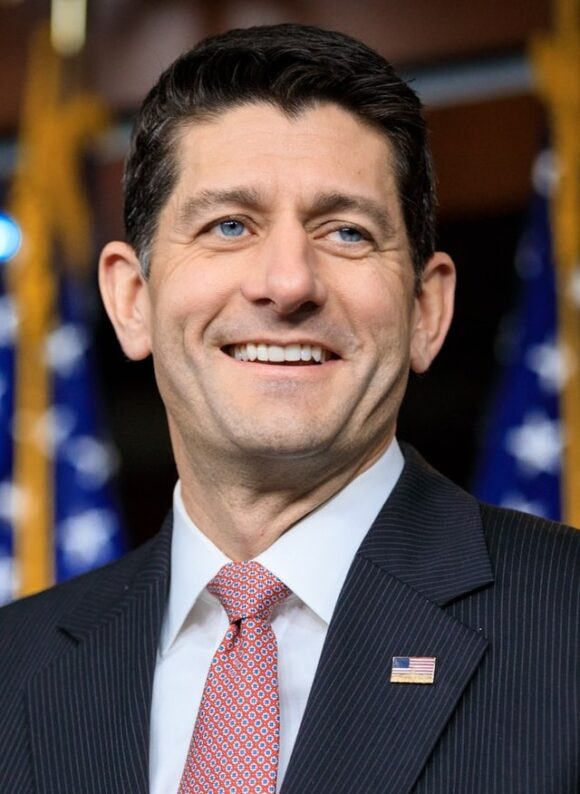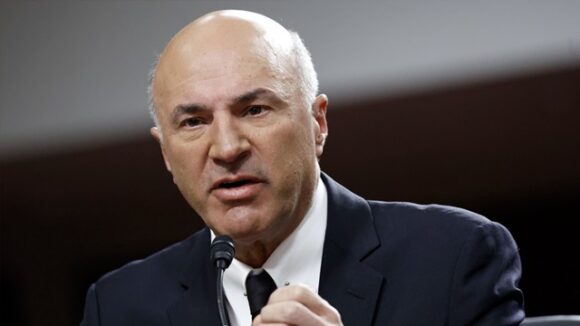Paul Ryan has no interest in giving Donald Trump another chance come November.
The former House speaker told Yahoo Finance yesterday that he doesn’t plan to vote for the former president, adding he would be writing in a Republican candidate instead.
“Character is too important for me,” Ryan told us at the Milken Institute Global Conference. “[The presidency] is a job that requires the kind of character [Trump] doesn’t have.”
Ryan, who left the speakership in 2019, has been vocal in his opposition of Trump since. During a Monday panel, Ryan warned about the stakes in the upcoming election, saying Trump would be “bad on NATO, bad on alliances, bad on Europe, and bad on trade.”
“Democracy is being tested in two very specific ways. One within, with our polarization eating each other alive,” said Ryan, who is now vice chairman and partner at private equity firm Solamere Capital.
“The second one is from [the outside], from authoritarian regimes who are basically saying they got the mojo, they can make the decisions faster, they can beat democracy.”
Six months before Election Day, President Joe Biden and Trump remain locked in a tight race, with the candidates tied 37%-37% in the most recent USA Today/Suffolk University Poll.
Trump has so far struggled to fully unite the GOP behind his candidacy. Just a small fraction of former Cabinet members have endorsed him, prompting him to respond during a recent interview with Time magazine.
“I had some bad people. When they think they are not in favor and they’re not coming back, they’re not inclined to endorse,” he said.
Ryan said he supports Trump’s tax policies and is in favor of extending the 2017 Tax Cuts and Jobs Act, a bill he championed during his speakership. But he warned about the spending plans proposed by both candidates, saying Biden and Trump are “demagoguing” lawmakers who are “offering solutions.”
The IMF projects the US government debt to increase from 122.1% to 133.9% of annual GDP by the end of this decade.
Ryan also came out against reported plans for Trump to impose 10% tariffs on all global exports and a 60% tariff on Chinese goods.
“I think 10% tariff across the board is a really, really bad economic policy,” Ryan said. “It’s just 10% tax on American consumers making our businesses less competitive.”
Ryan reiterated his opposition to Biden’s plan to sunset Trump’s $1.7 trillion tax cut, saying that would lead to a “massive tax increase on medium and small-sized businesses as well.”
“I think they’re both bad for the economy,” he said, adding that he would still cast a ballot in the presidential election. “I wrote in a Republican the last time. I’m gonna write in a Republican this time.”
Ryan needs to get more of his GOP colleagues commenting on Trump’s character or lack thereof!!
Tony












